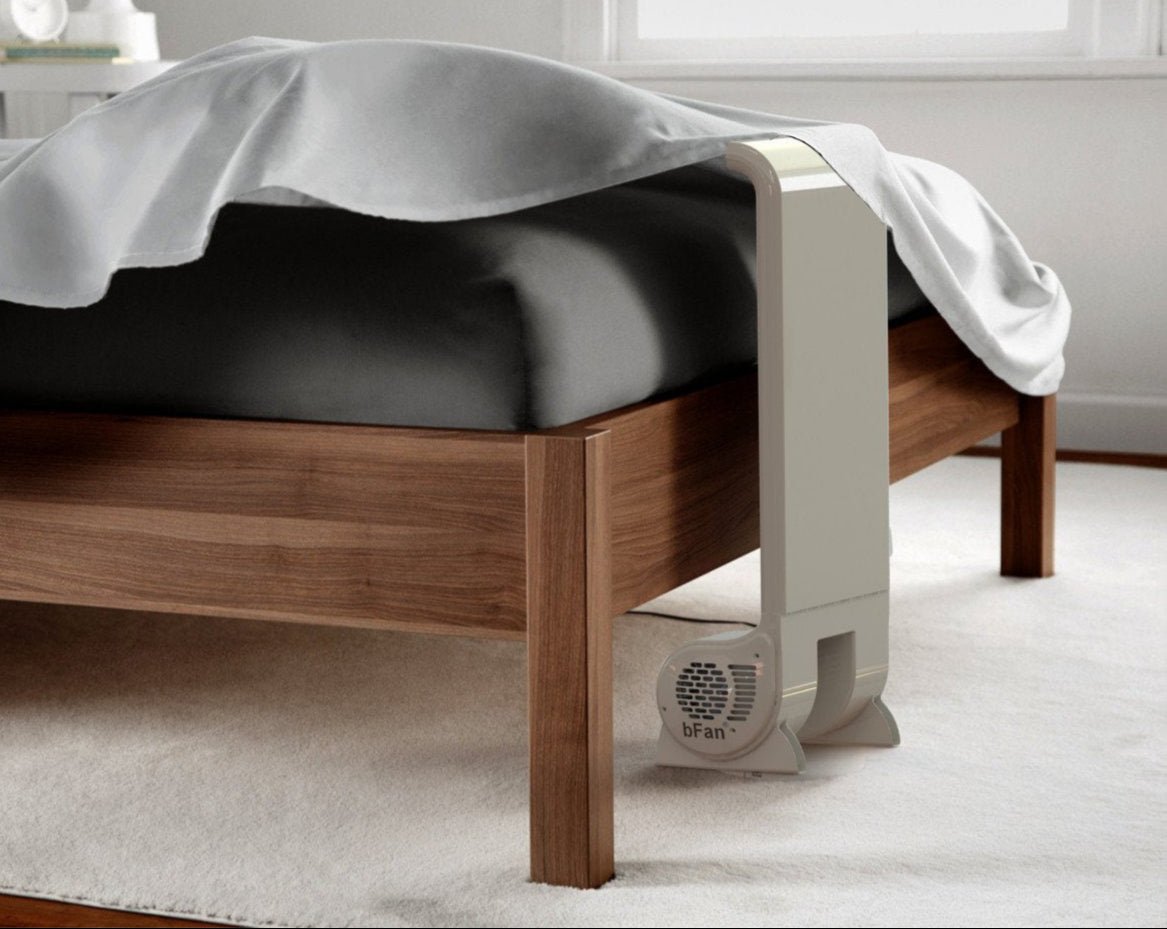What Causes Night Sweats?
Night sweats are defined as episodes of extreme sweating from hot flashes that occur during sleep. They are typically pretty severe, soaking clothing and bedding with sweat. Doctors can find the cause of a patient’s night sweats with a detailed medical history and after running a variety of tests. They can be the result of a number of different conditions, from menopause to cancer.
Menopause- Night sweats often occur when a woman is going through menopause. Menopause is a transitional 12-month period of time which begins after a woman's last period and marks the end of her reproductive ability. Common symptoms of menopause include hot flashes, chills, mood changes, weight gains, and hot flashes. The hot flashes associated with menopause are often quite severe and make sleeping difficult.
Tuberculosis- Many infections cause night sweats, but tuberculosis is the most likely one to cause them. Tuberculosis (TB) is a bacterial disease that mainly affects the lungs, but can also affect the kidney, brain, and spine. The bacterium that causes TB is called Mycobacterium tuberculosis and is spread through the air from person to person. When the TB bacterium is breathed in, it settles in the lungs and begins to grow. Once it has settled, it can be passed to more people through any activity that expels air from the lungs. Night sweats are usually an indicator that the level of TB infection in the body is very high.
Thyroid Disease- Thyroid diseases such as hypothyroidism can also cause night sweats. While there is not much scientific evidence to back the idea that hypothyroidism directly causes night sweats, there is a link between night sweats and the hypothyroidism medication levothyroxine. Overuse of levothyroxine increases sweating and night sweats.
Stress and Anxiety- Stress and anxiety are one of the leading causes of night sweats. You can generally tell if these two issues are the root of the night sweats if your night sweats are accompanied by other stress and anxiety-related symptoms. Having feelings of worry, fear, and dread that continue to come back is a big indication that there might be a root issue of anxiety.
Medications- Certain medications can also be a cause of night sweats. SSRIs and tricyclic antidepressants, which are both used to treat depression, can cause excessive sweating. Common pain killers such as NSAIDs like aspirin and ibuprofen and acetaminophen (Tylenol) have also been linked to acute night sweats. Hormone therapy drugs, steroids, and antipsychotics are also on the list.
Diabetes- Diabetes can cause night sweats in a variety of ways. First of all, low blood sugar can cause night sweats. This can especially be seen in a situation called nocturnal hypoglycemia where the blood sugar drops while you’re asleep, generally because you had a late day or ate late at night. It can also cause chills and severe headaches. The second way that diabetes can be linked to night sweats is through medication. People who medicate their diabetes through insulin are at a higher risk of night sweats. This is because insulin, as well as alcohol and food, prevent you from measuring your glucose levels.
Share

